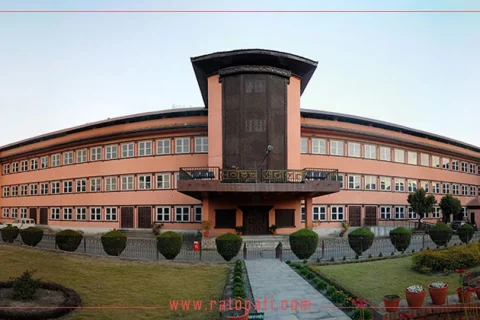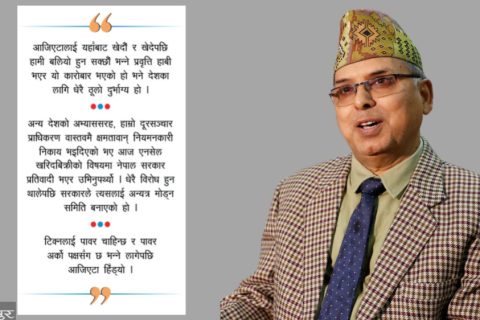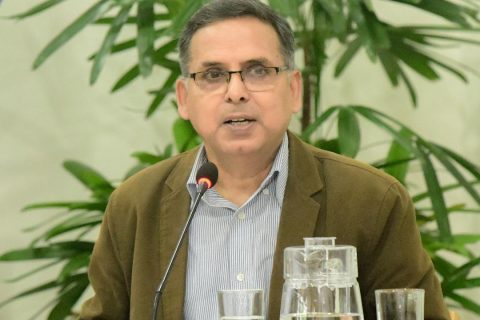Nepal’s decision to participate in a counter-terror drill with China while declining to participate in multilateral drills organised by India has triggered speculation of a drift in ties between New Delhi and Kathmandu.
Nepal decided to pull out of military exercises involving the Bay of Bengal Initiative for Multi-Sectoral Technical and Economic Cooperation (BIMSTEC), a group involving seven countries from South Asia and South-east Asia, held from Sept 10 to 16 in Pune. Instead, It sent observers.
But Nepal went ahead with a 10-day bilateral counter-terrorism and disaster management drill with China, which began on Monday.
Asked to comment on Nepal’s pullout, India’s army chief Bipin Rawat said: “Countries like Nepal and Bhutan will have to be with India due to geography, which does not favour other countries.”
The general added that the leadership in India believed in developing relations with its neighbours.
He said: “We are a bigger country and if we take the lead, everybody will follow suit. That is why we stepped into this (by organising the military exercise).”
Defence Minister Nirmala Sitharaman insisted that Nepal’s absence from the exercise was not a boycott, telling a news conference on Tuesday that Kathmandu had told New Delhi it had to pull out as its newly appointed army chief, General Purna Chandra Thapa, was busy and could not travel to India.
India and Nepal have traditionally had close ties. But the relationship has seen many ups and downs, particularly with Nepal trying to wean off its dependence on India since 2015, when a blockade of the main border crossings with the Asian giant led to a shortage of fuel, medicines and other essential items.
Traditionally, India has been able to influence Nepal, which acts as a land buffer between India and China. Lately, however, Nepalhas been increasingly reaching out to China.
Since coming into power, Indian Prime Minister Narendra Modi, who recently visited Nepal for the BIMSTEC summit, has, with an eye on China’s expanding footprint, made improving ties with Nepal and other neighbours a foreign policy priority.
Yet Nepal’s Prime Minister K.P. Sharma Oli, much to New Delhi’s discomfiture, has declared that his country would remain equidistant from India and China.
China has been making steady inroads in Nepal such as by helping to build infrastructure.
During a visit by Mr Oli to China in June this year, both countries signed a transit agreement allowing Nepal access to Chinese ports and agreed to expand land connectivity.
Subsequently, China granted Nepal access to four seaports, in what observers said was also aimed at reducing its dependence on India.
More than 98 per cent of Nepal’s third-country trade goes through India, but the transit agreement with China provides an alternative trade route.
Observers in Nepal noted that the small country had to balance its ties with India and China.
“As Nepalese, we value our relationship with India and have enormous goodwill for it. As a small country, we also value our independence and the prospect for economic prosperity. We are not only small, but also vulnerable,” said constitutional expert Bipin Adhikari.
He added: “It is in this respect that many Nepalese would like to see India as helpful. We have the other neighbour as well. We must keep good and balanced relations with both powerful countries. I have no idea why the BIMSTEC exercise was considered important in this relationship.”








